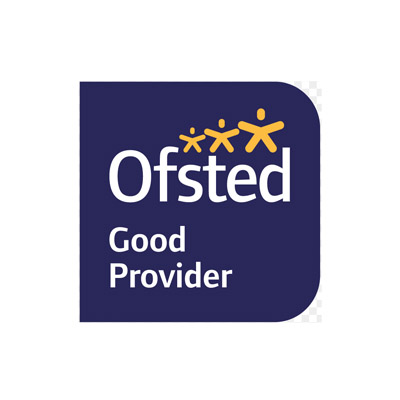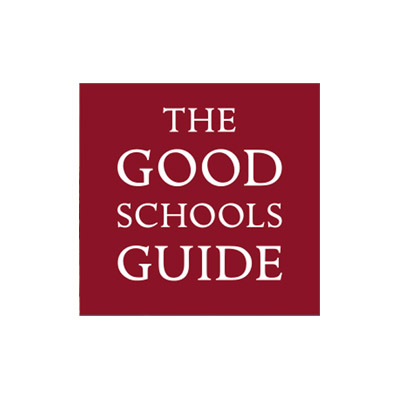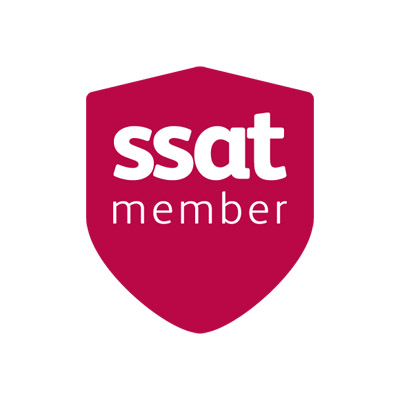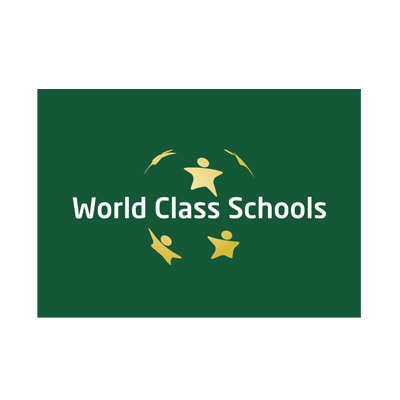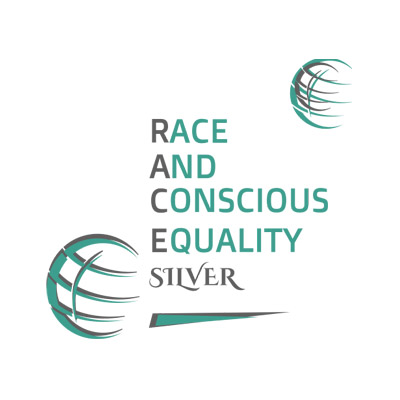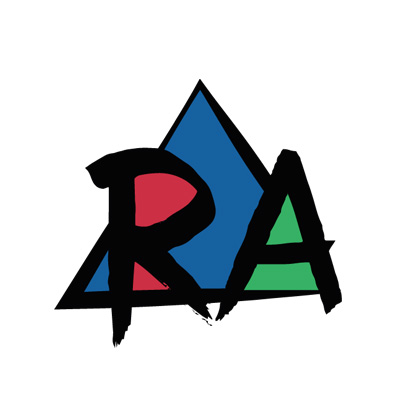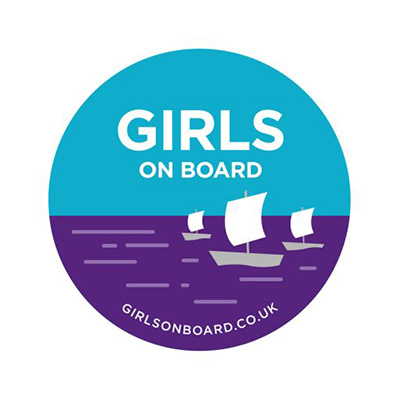Product Design & Technology
Food Technology
Head of Department: Mrs C Kemp
The Food Technology department offers excellent facilities in a fun, interactive learning environment where students learn the art of culinary cuisine. Teachers within the department have a wealth of knowledge, experience and passion for the subject.
This allows our students to become more independent and functional in the outside world, that will give them the confidence to explore a range of foods to make healthier lifestyle choices and become more aware of different cultures and their cooking skills.
This is delivered through a variety of topics taught throughout KS3 and KS4 containing written and practical elements.
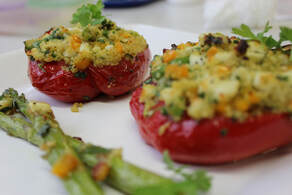
Key Stage 3 Food Technology
Food Technology is offered in Years 7, 8, 9. Years 7 and 9 have Food Tech for half a year rotation and Year 8 are on a term rotation. Learning to cook is a very important life skill and we encourage all students to be creative. By the end of Year 9, students leave with a usable recipe bank.
We use CAM programs to help students understand portion sizing and costing, with this our students are able to design new recipes using a combination of ingredients. Our students will be taught how to use CAD programs for designing packaging and labeling for the recipes they have created.
Students are given practical activities in which specific skills and knowledge are targeted and are given more responsibility to influence the direction of their projects and have a greater responsibility for their work. Pupils are encouraged to show their skills and creativity through practicals they carry out. Students are given work booklets to use throughout the course and have access to google classroom resources.
What you will study this year:
Year 7
Healthy eating and our diets
Year 8
Multicultural foods
Year 9
Life skills and catering business
Course Content:
Year 7
Equipment, basic cooking skills, health & safety, our diets, nutrition and working with new ingredients.
Year 8
Foods from around the world, multi-cultural foods, food miles, staple foods, CAD/CAM.
Year 9
Basic life skills, cooking with pastry, catering business project and learning about the hospitality and catering industry.
Assessment:
All students are assessed throughout the course for their written work and practical skills. There are tests at the end of Years 7 and 8. In Year 9, students have a practical assessment.
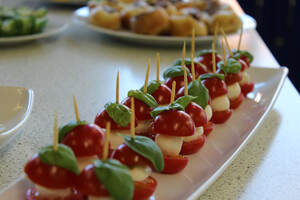
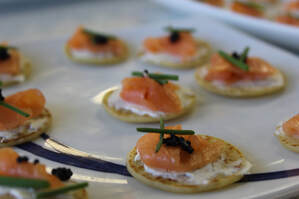
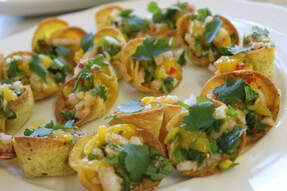
Key Stage 4 Catering and Hospitality
All students are given the opportunity to choose Catering and Hospitality to study in KS4.
In Years 10 and 11 students learn about the catering and hospitality industry as well as expanding their knowledge of the culinary arts. This is a popular course with outstanding results. Students benefit from excellent facilities and opportunities enabling them to gain the best possible exam results. Various trips during the year support the curriculum, e.g. a trip to The Ritz Hotel in London for afternoon tea.
Year 11 students organise their own menus and extended skills in preparation for their catering practical exam.
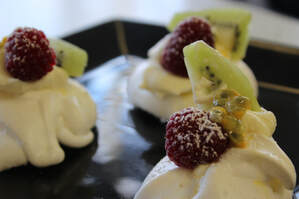
What you will study:
Students study for the EDQUS/WJEC Level 1/2 Hospitality and Catering (replacement to the GCSE) qualification.
Year 10
The Catering and Hospitality Industry
Year 11
The Catering and Hospitality Industry
Exam board:
Course Content:
Year 10
The industry, types of service, job roles, health and safety, legislation, food preparation, methods of cooking, culinary terms, food presentation, menu planning.
Year 11
Controlled assessment, hospitality industry, types of service, job roles, customer care, quality assurance and quality control, teamwork and communication.
Assessment:
Year 10
Mock coursework and a practical exam at the end of the year. As well as the opportunity to sit their written external examination.
Year 11
Internally assessed practical Catering exam and an externally assessed written exam.
Extension Studies:
Students are encouraged to cook with their families at home to extend their knowledge. Revision sessions are offered to students after school.
Food Technology is a popular subject that allows for all students to learn and develop transferable life skills that can be used in and outside school. The Award at GCSE allows students to carry on in a career in Food Technology, Catering and Hospitality industry.
We wish to create an exciting learning environment to help our students grow a passion for cooking and healthy eating by learning new ways to cook. Practical skills are regularly showcased at events carried out throughout the school year, this allows our students to demonstrate their creative skills they have learnt in Food Technology.
Textiles Technology
Teachers: Mrs K Cairns, Ms H Williamson
The Textiles Technology department teaches a wide range of practical making skills including: how to handle fabrics through sewing by hand and progressing to using a sewing machine. Through a variety of exciting and creative projects, students will be taught knowledge and understanding of working with Textiles and put what they have learnt into practice through the design and make process. Teachers within the department have a wealth of knowledge, experience and passion for the subject. This is delivered through a variety of topics taught throughout KS3 containing design and practical elements. Students are encouraged to evaluate during a topic and at the end.
Embedded in the organisation, teaching and learning in this area students will research and use the different fabrics and reflect upon their origins and sustainability. The department will embrace ethical issues in production and use of fabrics (fairtrade, 3 R’s – reduce, reuse and recycle, reuse) when developing their ideas.
Key Stage 3 Textiles
Textiles Technology is offered in Years 7, 8, 9, on a termly rotation, one lesson a week on a carousel.
Students are encouraged to become independent in their practical activities and demonstrate specific skills, knowledge and understanding through practical lessons. At every stage they apply what they have learnt to design and make their topic project.
Pupils are required to reflect on the economics and sustainability of resources taking into consideration fair trade and the implication of ‘throw away’ products. 3 r’s reduce,reuse and recycle and to show respect for the environment.
The department is inclusive – all students are encouraged to enjoy and achieve. The department is well resourced to provide fabrics and haberdashery. So every student has the opportunity to develop their manipulative skills and achieve well. There are 2 machines in the dept that can be used at a slower speed and without a foot pedal for students with physical disabilities.
What you will study:
Year 7 – This year they will learn about different fabrics; choices, uses and care.
This will then enable them to develop their practical task of creating, designing and making using fabric and thread.
Students will reflect on badges and symbols from their culture. Students will work with cotton and consider the ethical issues involved in production and use.
Year 8 – Students will focus on a design and make task with the theme of reduce, reuse, recycle to create a ‘Scrap Monster’. They will learn the skills of cutting a template, choosing fabrics and methods, in order to work independently to produce a final product.
Students will reflect on the reuse of waste. Students will work with ‘scrap’ and consider the ethical issues involved in disposal.
Year 9 – Students will be taught the use of traditional skills and methods in textiles. This will enable them to design and make a product using various different materials, machines and using traditional instructions to make a household product.
Students will be taught using inspiration from different designers and creative methods learning about culture and diversity of designers and techniques used.
All students are assessed throughout the course for their design work and development of practical skills during the course and final outcome.

